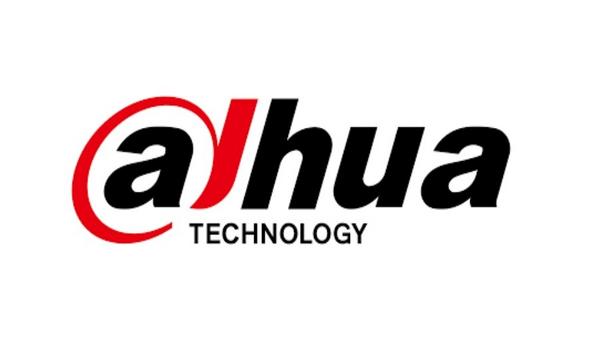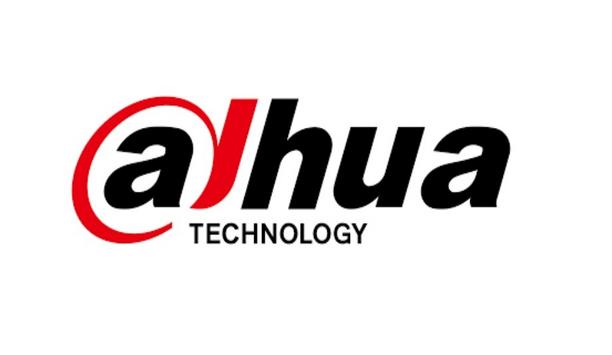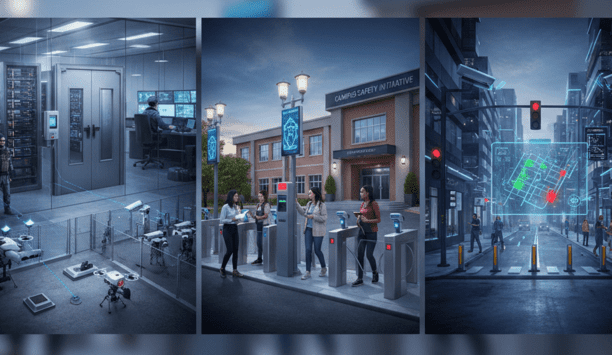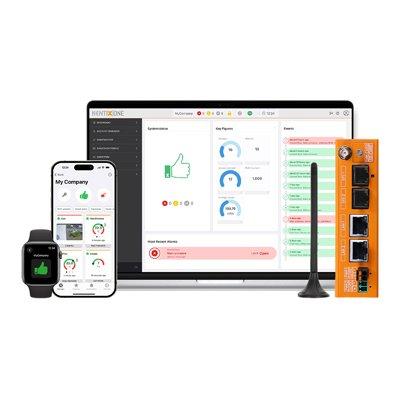HID Global, provider of trusted identity solutions, announces that the European Molecular Biology Laboratory (EMBL) in Grenoble, France has selected HID’s radio frequency identification (RFID) tags and its patented direct bonding technology for automated handling of biological samples at cryogenic temperatures of 196°C (-321° F) in liquid nitrogen.
EMBL Grenoble creates high-resolution pictures and 3D atomic models of biological macromolecules using a specialised imaging process called macromolecular crystallography (MX). These images are useful for studying biological materials, developing highly efficient medicine, and fighting cancer more effectively.
Limited storage density
The images require molecular samples to be prepared in a crystalised form and frozen
The images require molecular samples to be prepared in a crystalised form and frozen. Handling these samples is a complex task: tiny crystals must be grown, harvested, frozen on a sample holder at the tip of a tiny needle, and stored in liquid nitrogen at cryogenic temperatures and identified for further processing while remaining cool.
Most current sample holders used in MX imaging offer limited storage density and poor initial crystal-positioning, which affects processing and limits the benefits of automated crystal harvesting systems. As a result, EMBL set out to design a storage and identification solution robust enough to function at extreme cold temperatures, but small enough to facilitate high precision and storage density. It also needed to support high-speed, automated handling by robots.
Direct bonding technology
“The HID Global technology has proven to be reliable against temperature cycling between room and liquid nitrogen temperatures, and the HID team was very supportive in helping us with our new designs,” said Florent Cipriani, Head of Instrumentation Team, EMBL Grenoble.
HID’s direct bonding further allows the secure attachment of antennas to chips without the bulk of added modules
Embeddable RFID tags and direct bonding technology from HID were chosen for identification in EMBL’s new sample holders due to the tags’ tiny footprint, proven track record to work in cryogenic environments, and ability to be custom designed to meet the needs of EMBL. HID’s direct bonding further allows the secure attachment of antennas to chips without the bulk of added modules, making the units the smallest HF formats available in the market that deliver uncompromised performance.
Reliable sample tracking
“HID Global’s proven RFID technology has been used in various cryogenic environments for years,” said Richard Aufreiter, Director Product Management, Identification Technology with HID Global. “It was a natural partnership between HID and EMBL to design a tracking system resistant to frosting and other aspects of extreme cold. Our team worked directly with EMBL engineers to ensure the best tracking system was deployed in their newly designed sample storage solution.”
With HID technology, EMBL developed two new sample holders optimised for high throughput, precision, and reliable sample tracking of more than 200 thousand crystals per year. The new RFID-enabled sample holders increase throughput by allowing the crystal harvesting, cryogenic storage, and MX beamline feeding process to be fully automated using robot grippers and specifically designed RFID readers. Available memory space in the RFID tags can store additional information about the samples.
Discover how AI, biometrics, and analytics are transforming casino security
























